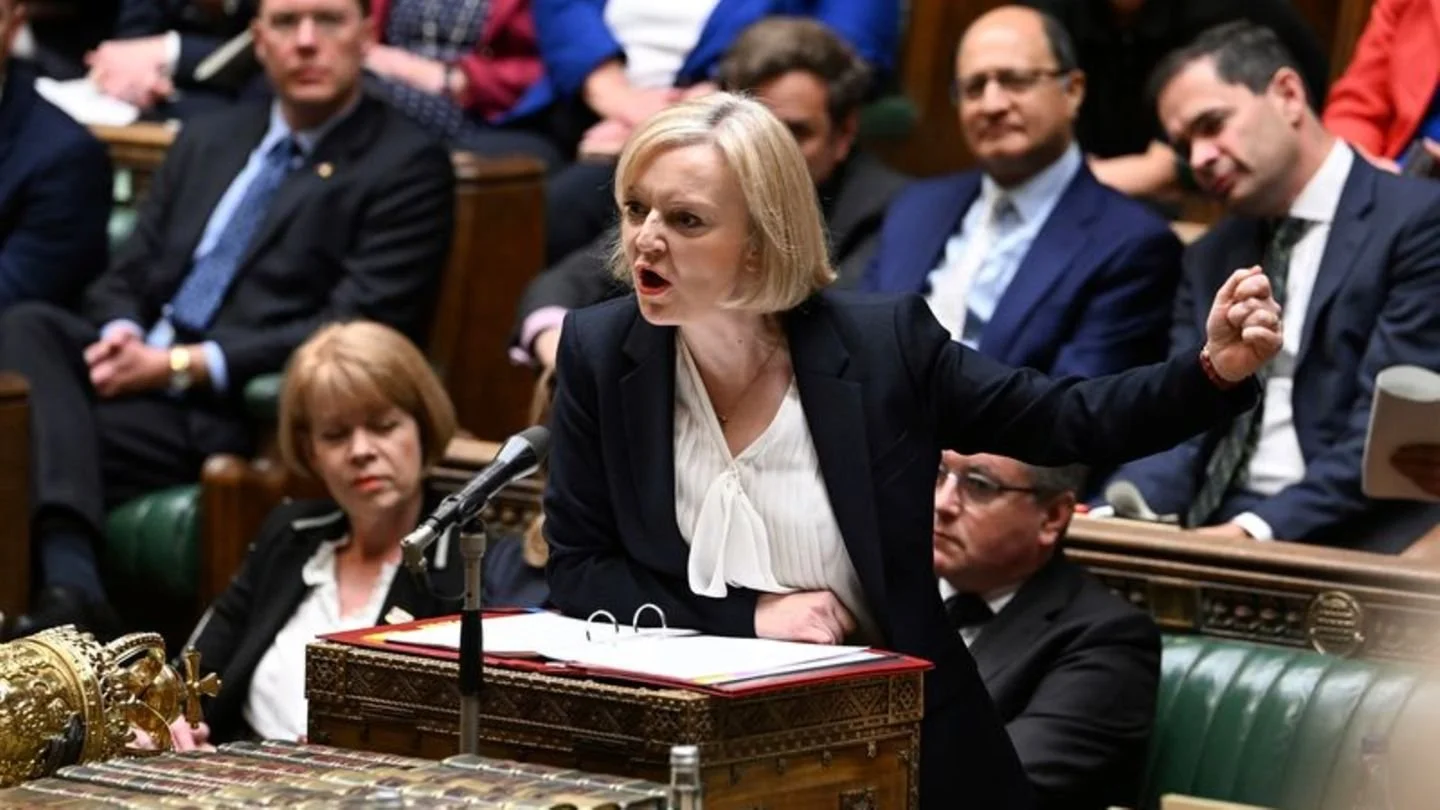Politics Beyond Polarisation
By Jon Eden Khan
Liz Truss’ government in Britain has collapsed in a downward spiral of chaotically polarised drama beyond anything seen in a long time.
Indeed, the level of crisis radiating from the whole affair has highlighted just what a fractured place partisan politics has led us to.
For most people in the modern West, this is just how it is:
Political parties are founded on certain positions that are clearly against the positions of other political parties, and then they fight for which position wins.
That is until it is realised that that one didn’t have all the answers and then there is a switch to the other.
This produces an endless cycle of polarised arguments, name calling and fighting among parties, none of whom have a truly integrated solution for the issues in question.
This system has now disintegrated into ever greater schism and abject distrust, cynicism and apathy among the people these parties are supposed to represent.
It doesn’t have to be this way.
As our friend, Nick Jankel, who has done leadership work with politicians wrote recently:
“The average junior brand manager at Unilever will have had more human development investment than our Presidents and Prime Ministers.”
This is staggering.
Why?
Because the truth is that over the last decades human beings have amassed have a wealth of insight, information and applicable training that supports not just skill acquisition among leaders, but deep developmental evolution and maturation.
The kind of evolution that supports a leader to grow up into someone who has fundamentally integrated the different aspects of what it means to be human:
Purpose and compassion
Vision and action
Service and self
Cognition and embodiment
Masculine and feminine
Risk and stability
Planet and nation
What people who have undertaken this developmental journey know is that at a certain point, we come to realise that every perspective has important elements of truth, deserves to be listened to, and that if we are going to forge a sustainable pathway forward those elements must be integrated into our position.
That doesn’t mean all perspectives are equal. It doesn’t mean we cease to have boundaries around unacceptable behaviour or positions. And it doesn’t mean that an extremist perspective is are valid as a centrist one.
But it does mean that political leadership no longer needs to be defined by arguments between polarised positions.
It means that we could start to have political leaders who take a clear stand in what is most true to them, yet who are fundamentally aligned on their core sense of purpose to serve the whole, and who are able to honour the validity of each other’s position and collaborate to increase synergy.
It means differences in perspective could be welcomed as generative of even more integrative pathways forward rather than sourced of endless conflict, bickering and gridlock.
We need a fundamental evolution in the depth of human maturity we expect from our political leaders.
We need political leaders who live and breathe a sense of unity with humanity, the earth, and our collective journey.
There are many such leaders in the world today, tirelessly serving those they represent and the world.
Expect them to start to rise in the new politics that must emerge out of the current disintegration.

